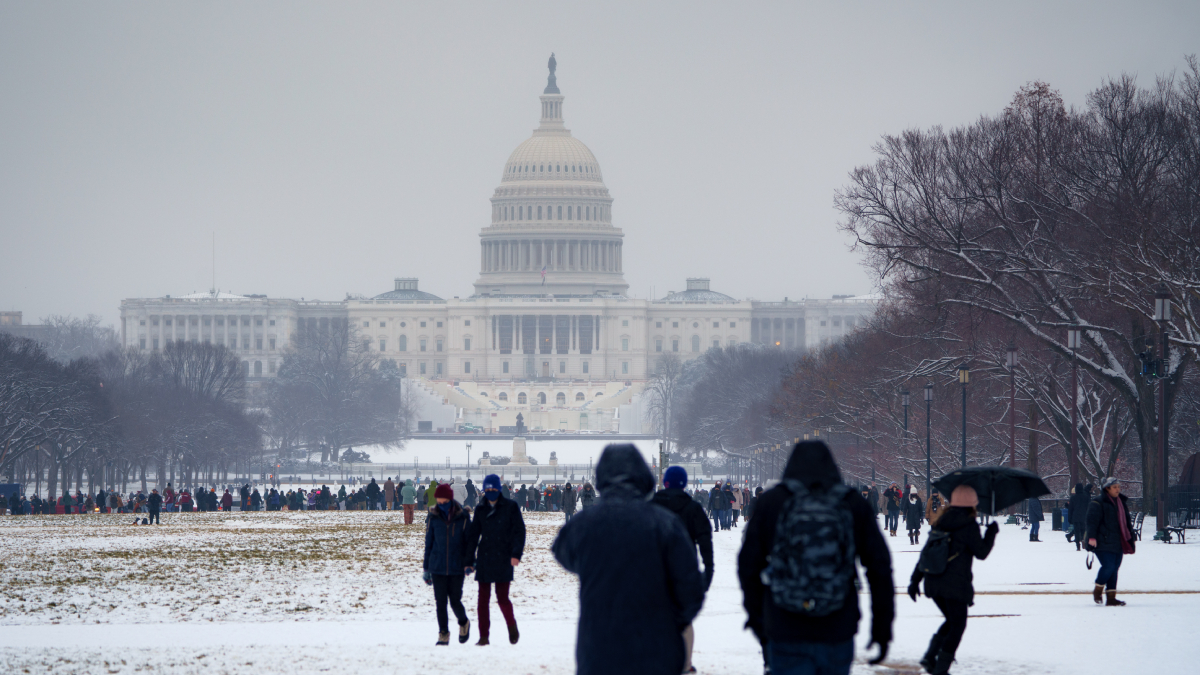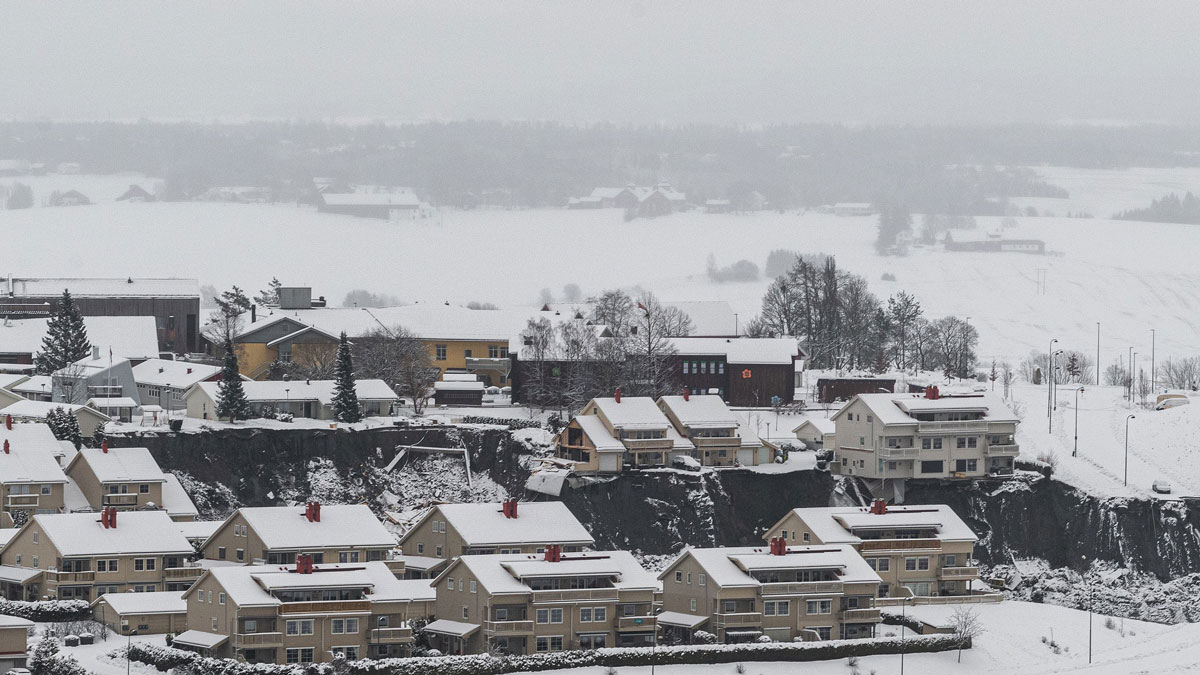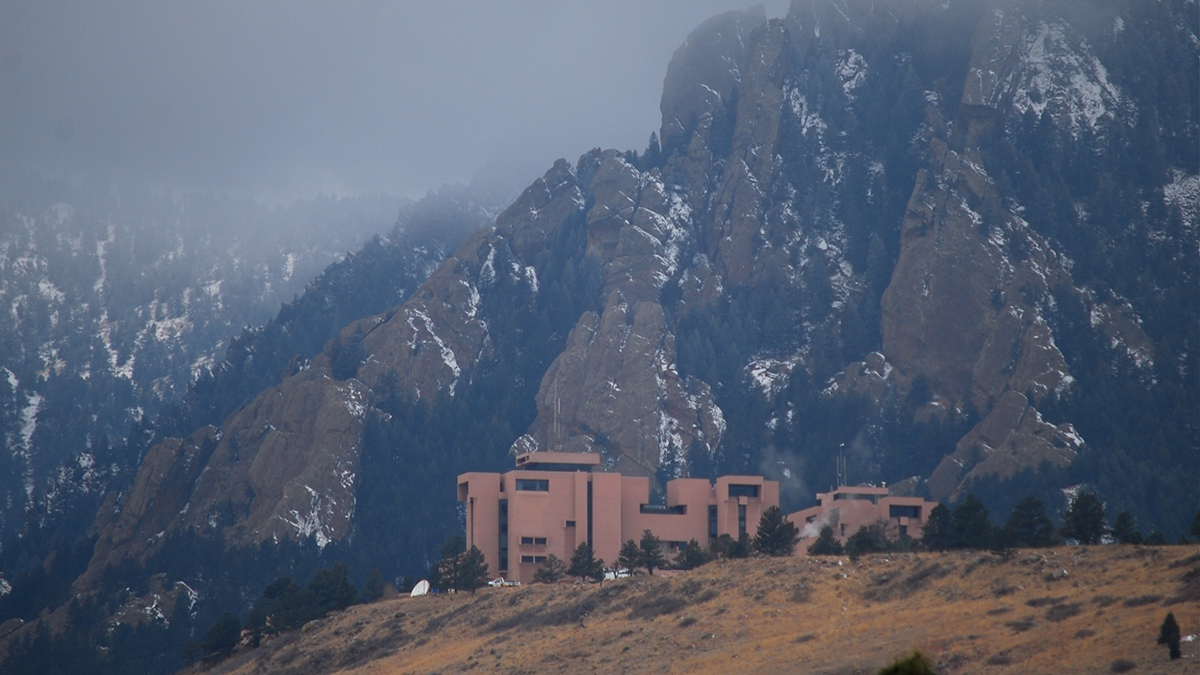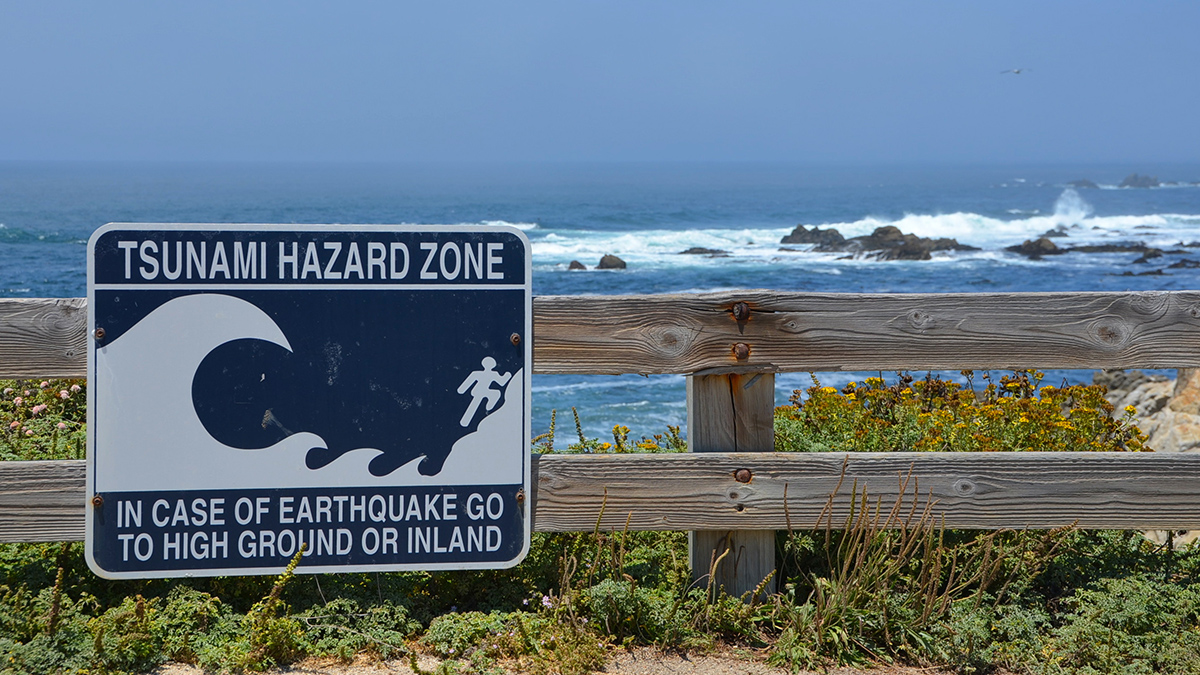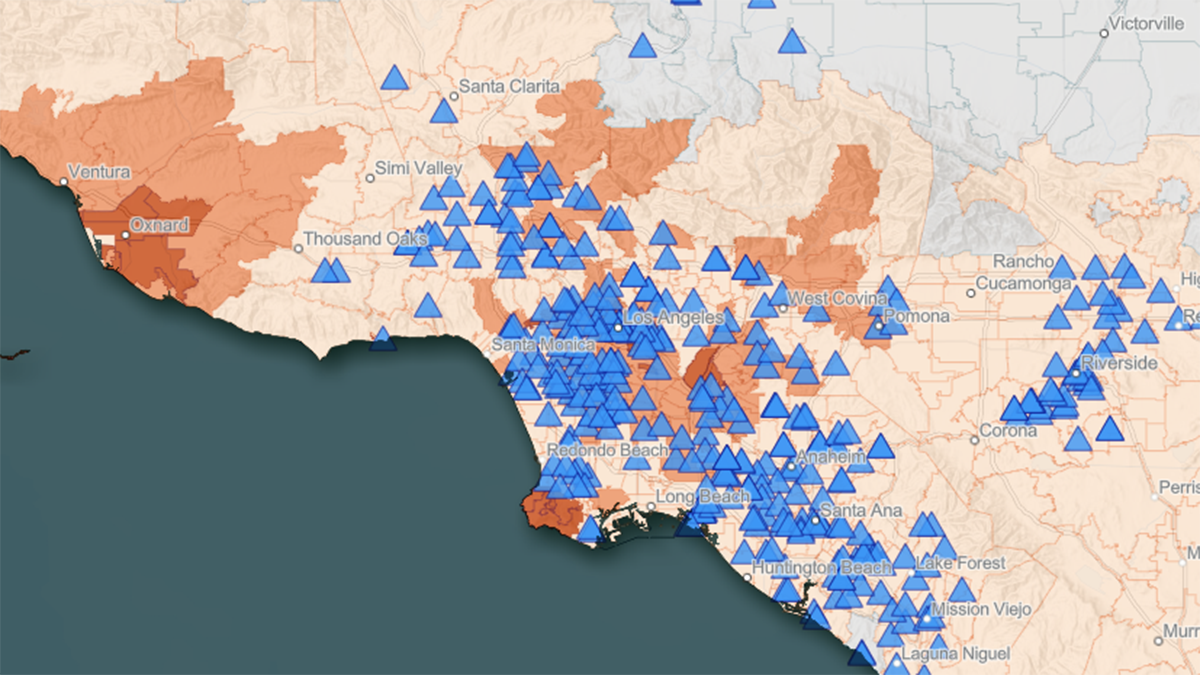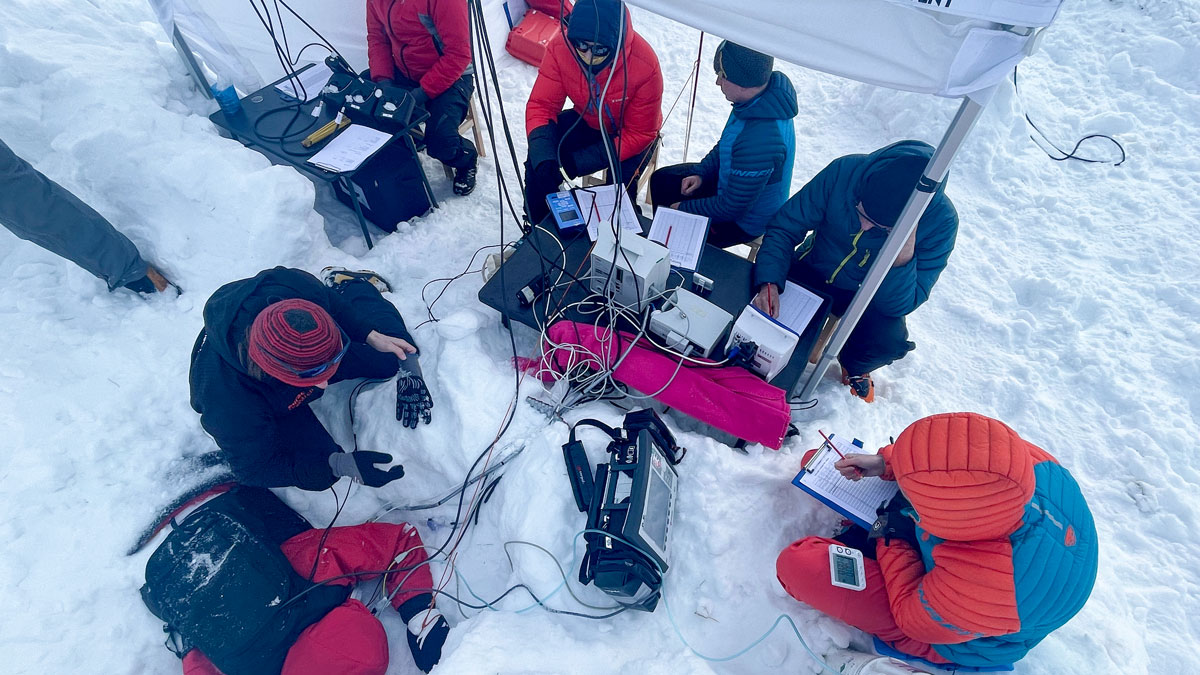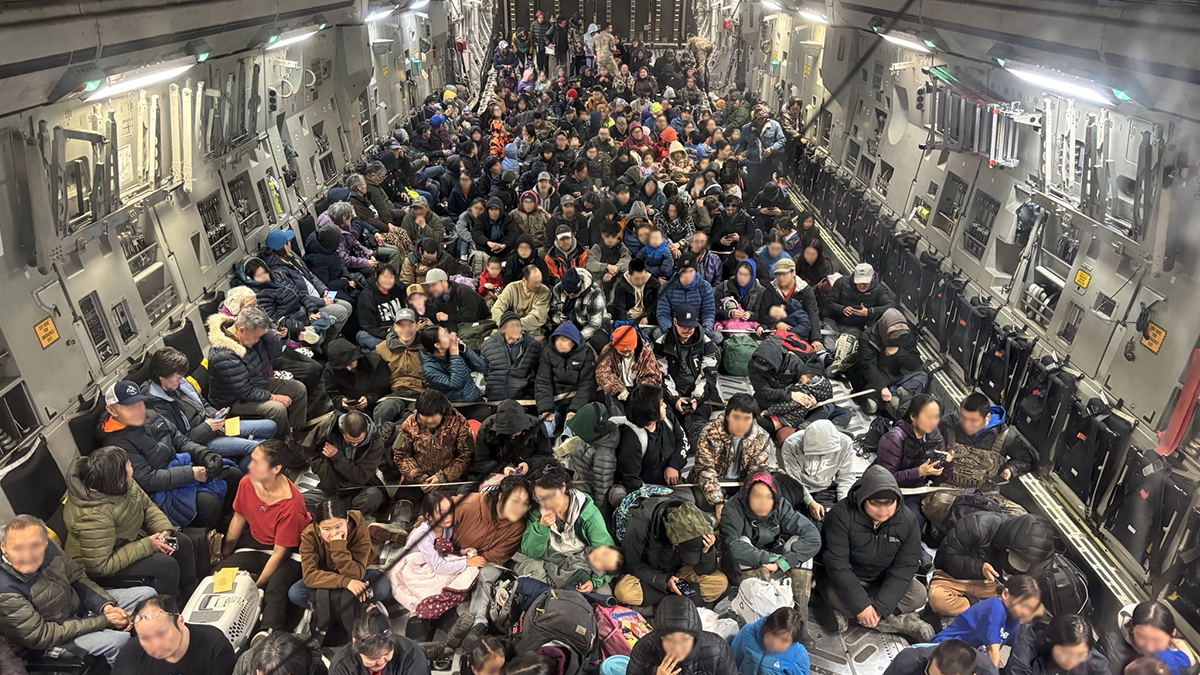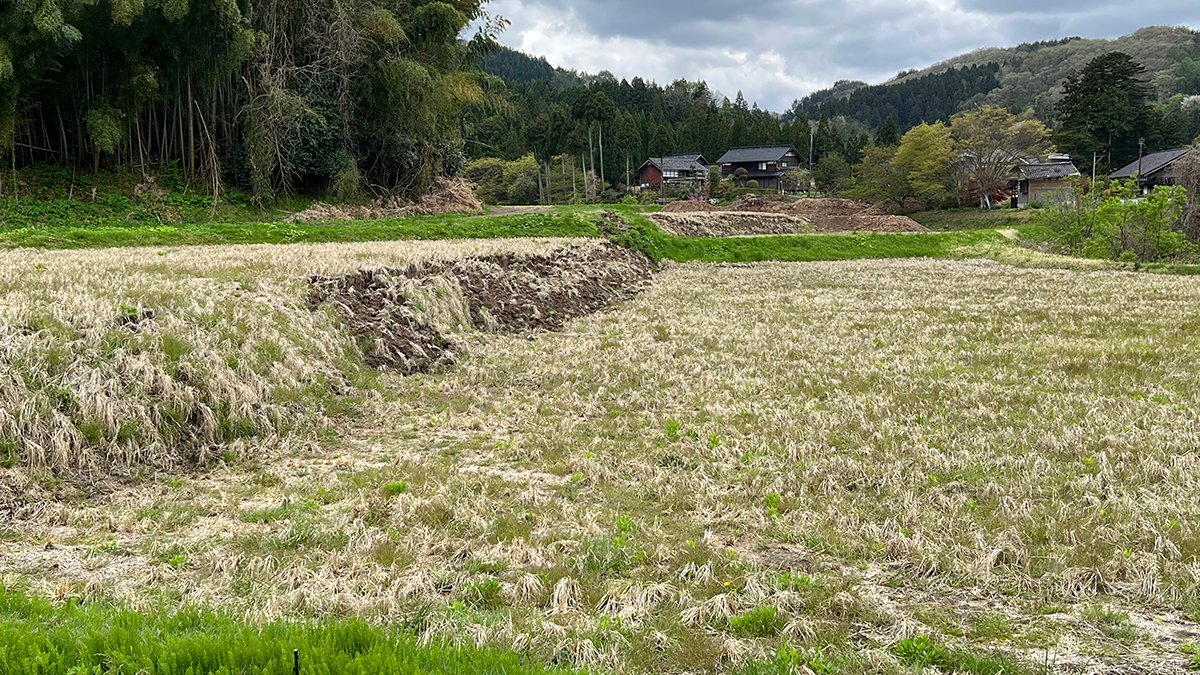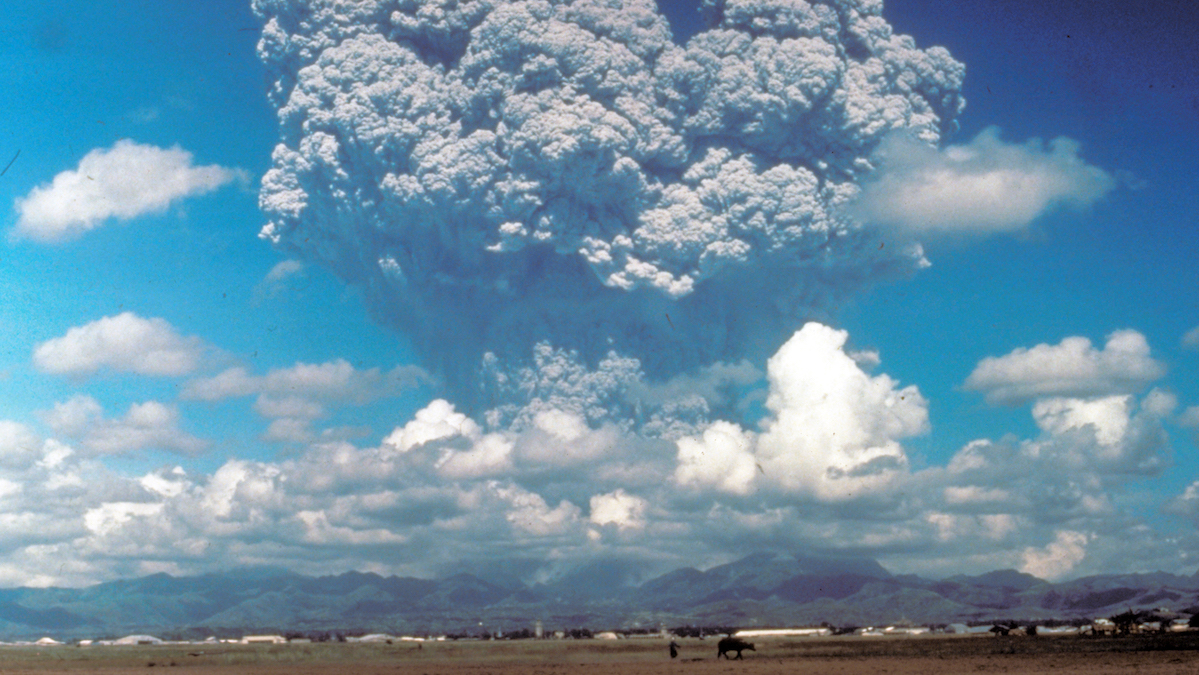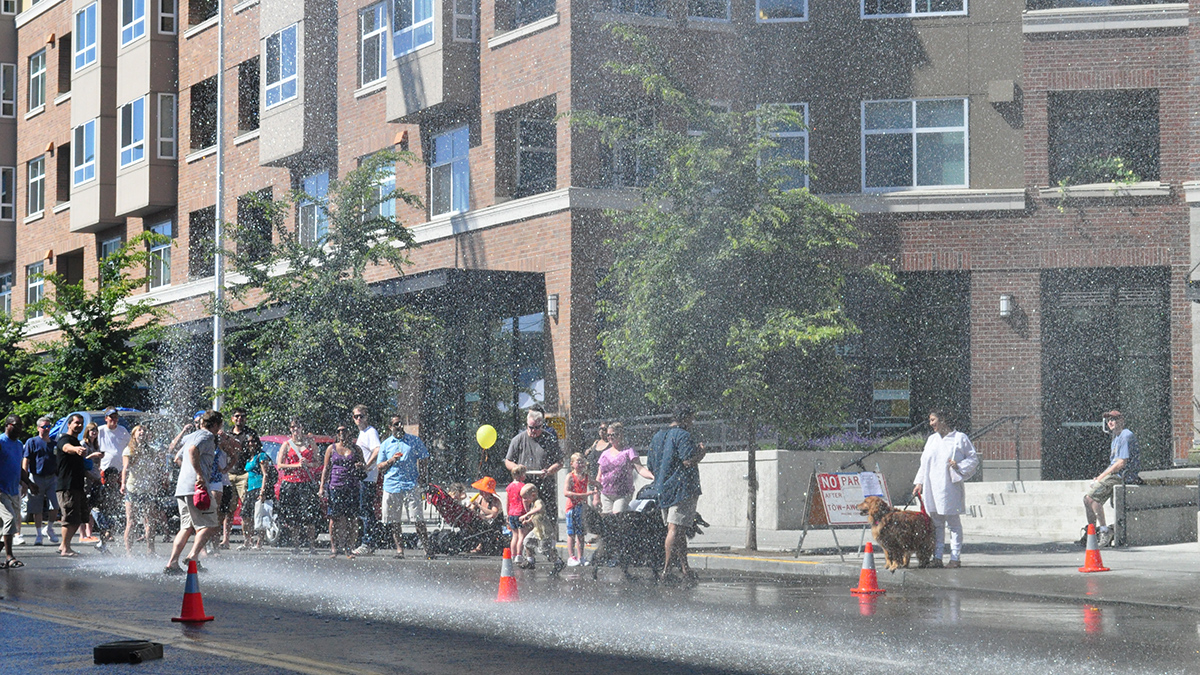The U.S. government entered a partial shutdown Saturday at 12:01 Eastern after the Senate failed to resolve a showdown over funding for DHS and restrictions on ICE.
disaster preparedness
Insights for Making Quick Clay Landslides Less Quick
In a quick clay landslide, solid soil liquefies suddenly, sometimes washing over entire towns. New modeling examines what kinds of salts could help stabilize these clays.
What Americans Lose If Their National Center for Atmospheric Research Is Dismantled
Five ways dismantling NCAR will cost the American people, and two ways to save it.
When Should a Tsunami Not Be Called a Tsunami?
It’s time to redefine the term so it more clearly conveys meaningful risks to coastal communities and prompts them to act when needed.
New Tool Maps the Overlap of Heat and Health in California
CalHeatScore creates heat wave warnings for every zip code in California, using temperature data, socioeconomic indicators, and the history of emergency room visits, to predict heat-related health risk.
Safety Device Supplies Life-Saving Air in an Avalanche
An Alpine medical team buried 24 volunteers in a mountain pass. Their study confirmed the efficacy of the Safeback SBX, which uses snow’s natural porosity to supply air to buried avalanche victims.
Alaska Awaits Response from FEMA in the Aftermath of Major Floods
Major floods in Alaska have caused the death of at least one person and displaced thousands more over the course of the last two weeks. Many of the displaced may not be able to return home for 18 months or longer, according to Alaska Gov. Mike Dunleavy.
When the Earth Moves: 25 Years of Probabilistic Fault Displacement Hazards
Surface ruptures causing earthquakes pose risks to infrastructure and human lives, but advances in models and data in the last few decades have improved our ability to mitigate their effects.
Volcanic Eruptions in One Hemisphere Linked to Floods in the Opposite One
Asymmetric volcanic plumes may shift equatorial weather patterns and increase tropical stream flow, according to new simulations.
Extreme Heat in U.S. Cities Revealed at High Resolution
Data from personal weather stations power a novel way to detect urban heat islands.

